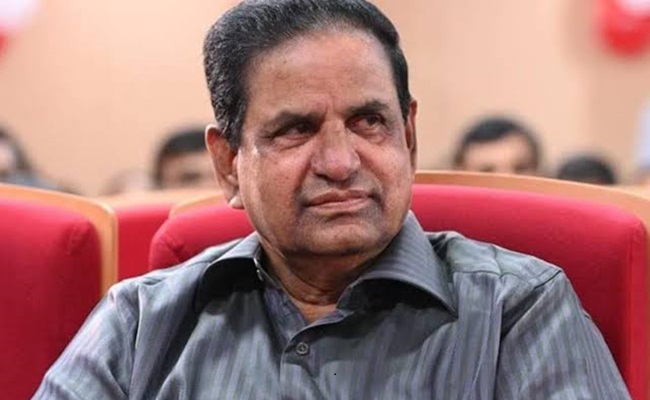In a surprising turn of events, the Special Court for Anti-Corruption Bureau (ACB) cases in Vijayawada has altered its previously stern stance regarding the alleged liquor scam tied to leaders of the YSR Congress Party (YSRCP). The court, which has been at the forefront of scrutinizing the actions of the ruling party during Y. S. Jagan Mohan Reddy’s administration, has recently voiced significant concerns about the procedures and findings of the Special Investigation Team (SIT) handling the case.
This shift in tone marks a notable departure from the court’s earlier approach, which had been characterized by strict oversight and a firm quest for accountability in the corruption allegations that have enveloped the YSRCP. The court’s newfound criticism of the SIT raises questions about the integrity and thoroughness of the investigation, which has already seen several high-profile arrests of party leaders.
The liquor scam, which reportedly involves large sums of money and alleged collusion between political figures and business interests, has been a contentious issue in Andhra Pradesh politics. The ACB court’s earlier decisions had seemingly supported the SIT’s aggressive pursuit of allegations, but the recent objections suggest a growing concern over the methods employed by the investigative body.
Legal experts are analyzing the implications of the court’s change in stance. Some believe it could signal a potential softening of the state’s approach to investigating political corruption, while others view it as a necessary critique aimed at ensuring fair proceedings. The court has emphasized the need for the SIT to adhere to proper legal protocols, which it claims were not consistently followed during the investigation.
As discussions unfold, the implications of this judicial critique could reverberate throughout Andhra Pradesh’s political landscape. The YSR Congress Party, still navigating the fallout from the scandal, may find some reprieve if the court’s concerns lead to a reevaluation of the evidence collected against its members. Conversely, the SIT may face increased scrutiny regarding its methods and findings, potentially complicating its ongoing investigations.
The court’s latest ruling has not only drawn attention to the specific case at hand but has also reignited debates about transparency and accountability in political investigations across the region. Observers are now left to ponder whether this shift will lead to a broader reassessment of corruption cases involving political figures in Andhra Pradesh.
As the situation develops, both the ACB and the SIT will need to navigate the delicate balance between prosecuting corruption and ensuring that justice is served fairly. The coming weeks are likely to be pivotal, as the court’s objections could alter the trajectory of the ongoing investigations and influence public perception of the YSR Congress Party’s governance.



